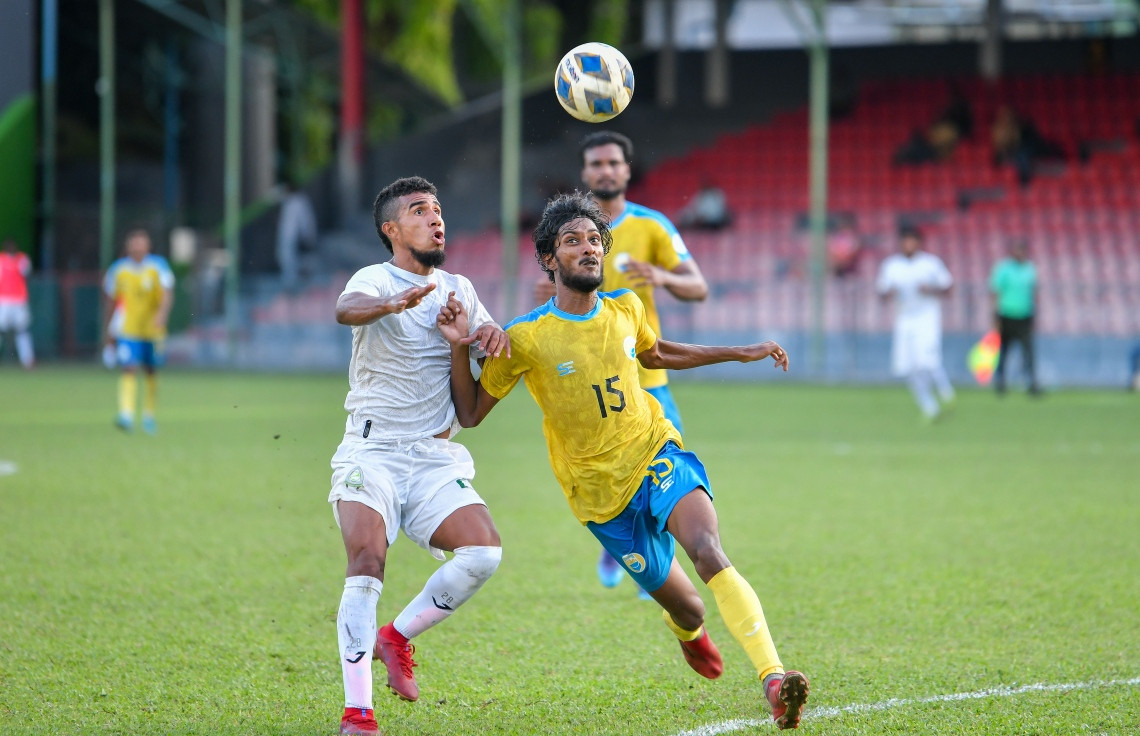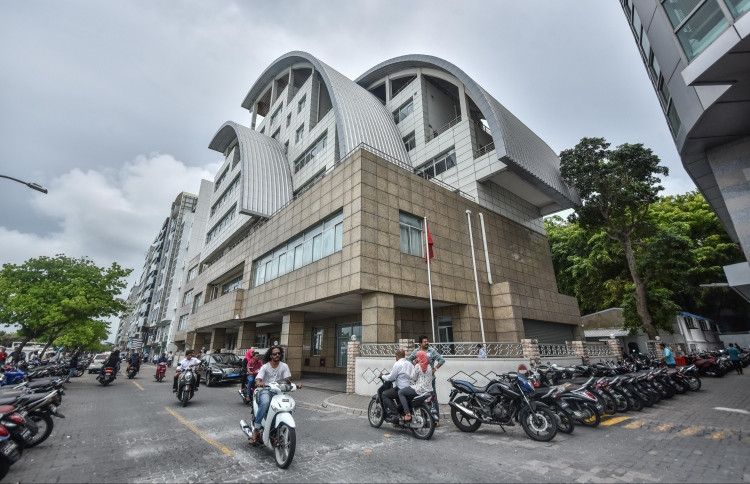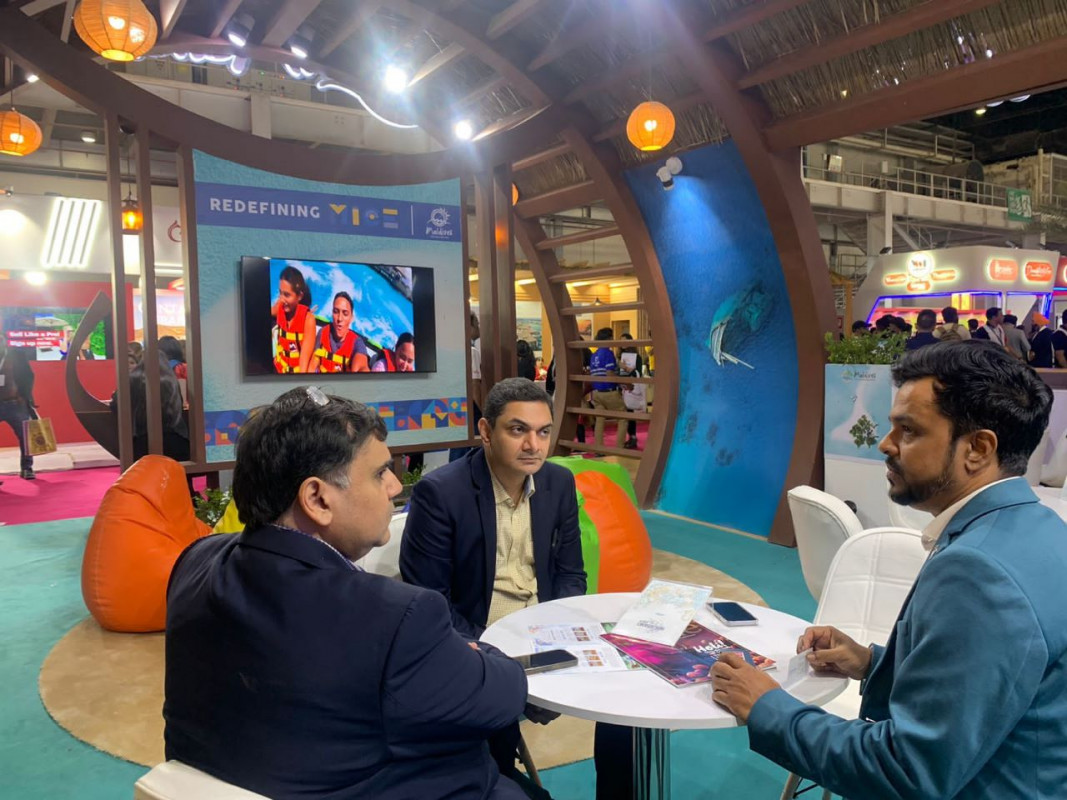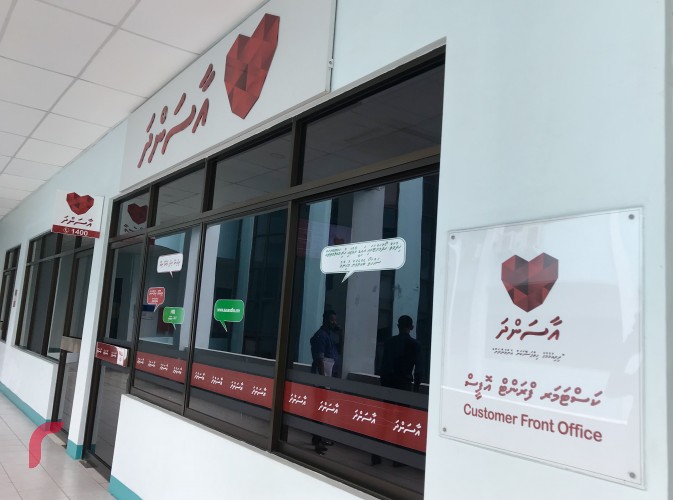Four in five journalists believe lack of safety "a big problem" in Maldives
The report on impunity for crimes against journalists was based on a study by the Maldives Journalist Association


(File photo) RaajjeTV's former journalist, Hussain Hassan being manhandled by SO officers while on field
For years, Maldives has been a place where journalists are constantly faced with rocky paths, life-threatening challenges and violence while powering through their duties. Oppressive leaders and superiors with politicians in their pockets have stifled journalists with a surge on press freedom, especially during the past autocratic administration, where reporters were forced to use their powerful words to stretch the truth for tyrannical autocrats who use their might to force journalists into corners.
A research report on impunity for crimes against journalists in the Maldives recently unveiled a number of findings of the Maldives Journalist Association, in support of International Federation of Journalists (IFJ). The report "Chasing Justice" sheds light on the history of violence and impunity for crimes against media officials in the island nation, and also brings to light, some important findings on journalists’ perceptions on threats they could possibly encounter, and continues to face.
As such, a survey conducted online during March this year, where 70 journalists took part including 28 women, showed that only four in five journalists think that lack of safety is a big problem in the Maldives.
79 percent of journalists believe lack of safety for them is a big issue, while 21 percent do not pay heed to the issue. An overwhelming majority of journalists; 83 percent believe impunity for crimes against journalists is a major issue and 74 percent of journalists who took part in the survey agree that the government efforts to ensure justice for crimes against them are insufficient.
The survey findings highlight that a majority of journalists nationwide believe the Maldives Media Council and Maldives Broadcasting Commission are doing a “bad job” tackling issues that hinder media freedom.
Privately-run television station RaajjeTV itself has been victimized by the toxic environment created by the former administration, especially after the draconian anti-defamation law was introduced in 2016. RaajjeTV had been fined a total of MVR 3.7 million by the Maldives Broadcasting Commission, which even forced the station to temporarily halt broadcast.
Similarly journalists have also expressed concern over the negligence in investigating cases reported by journalists. As such, over the past two years, only one case of online violence, two regarding offline violence and one linked to gender-specific threats were probed. With this being said, the findings indicate that perpetrators behind these offenses, with the exception of one, were not brought to justice.
While bringing stories regarding corruption within the political sphere, 54 percent of journalists have reportedly received threats including undue interference, while three in five journalists have faced online violence, 39 percent of them having experienced it twice.
Gender-specific threats have also been on an upward spiral in the past two years, with 39 percent of female journalists having experienced it online, and 21 percent offline.
Addressing violence against journalists and battling prevalent impunity need to be stepped up by the government, which has been urged to make “immediate” and “concerted” efforts to address these issues.
Freedom and lives are two very heavy words penned in the report to describe how journalists have had to pay prices between 2012 and 2018, during the autocratic rule of now incarcerated former president Abdulla Yameen, during which time Maldives was on a downward spiral in the annual press freedom index publicized by Reporters Without Borders (RSF) as well.
From harassment, intimidation, forcing media outlets to halt their services, attempted murder, assassination threats, arson attacks, enforced disappearances arbitrary detention and arrest as well as the devastating murder of a journalist, repression faced by media personnel has been exhausting.
Blogger and journalist Ismail Hilath Rasheed narrowly survived a brutal attack during 2012 while Ibrahim “Asward” Waheed was left to die on the streets after a brutal thrashing with an iron rod, during 2013. RaajjeTV was doused in petrol and set ablaze during the same year. The very next year, Minivan News Journalist Ahmed Rilwan’s disappearance was reported. 2015 saw the arbitrary detention and arrest of RaajjeTV journalists Mohamed Wisam, Leevan Ali Naasir and Hussain Fiyaz Moosa while on duty. The very next year saw more RaajjeTV staff arrested, fined and assaulted while in police custody.
The draconian Anti-Defamation and Freedom of Expression Act’s chilling effects targeted RaajjeTV, slapped with fines totaling MVR 3.7 million. Further, amid snowballing concerns of press freedom across the island nation, three media outlets were forced to shutter in 2016.
While intimidation and harassment are a daily struggle facing journalists in the Maldives, the country was shaken to the core by the gruesome murder of Yameen Rasheed, stabbed numerous times inside his home.
With this being said, the report further highlights that 64 percent of journalists believe most “or all” gangs are involved in acts of intimidation and harassment facing journalists. They also believe that leadership of political parties, members of the parliament, religious leaders and groups, Maldives Police Service, government officials, local government councilors and officials in the president’s office are involved in such acts of repression.
While journalists have “little to no trust” in the government to serve justice, recommendations for authorities to build their trust in such matters are also penned in the report, including taking attacks on female journalists, seriously, ensuring a safe and enabling environment for journalists to work independently, properly probing crimes against them as well as serving proper justice.






